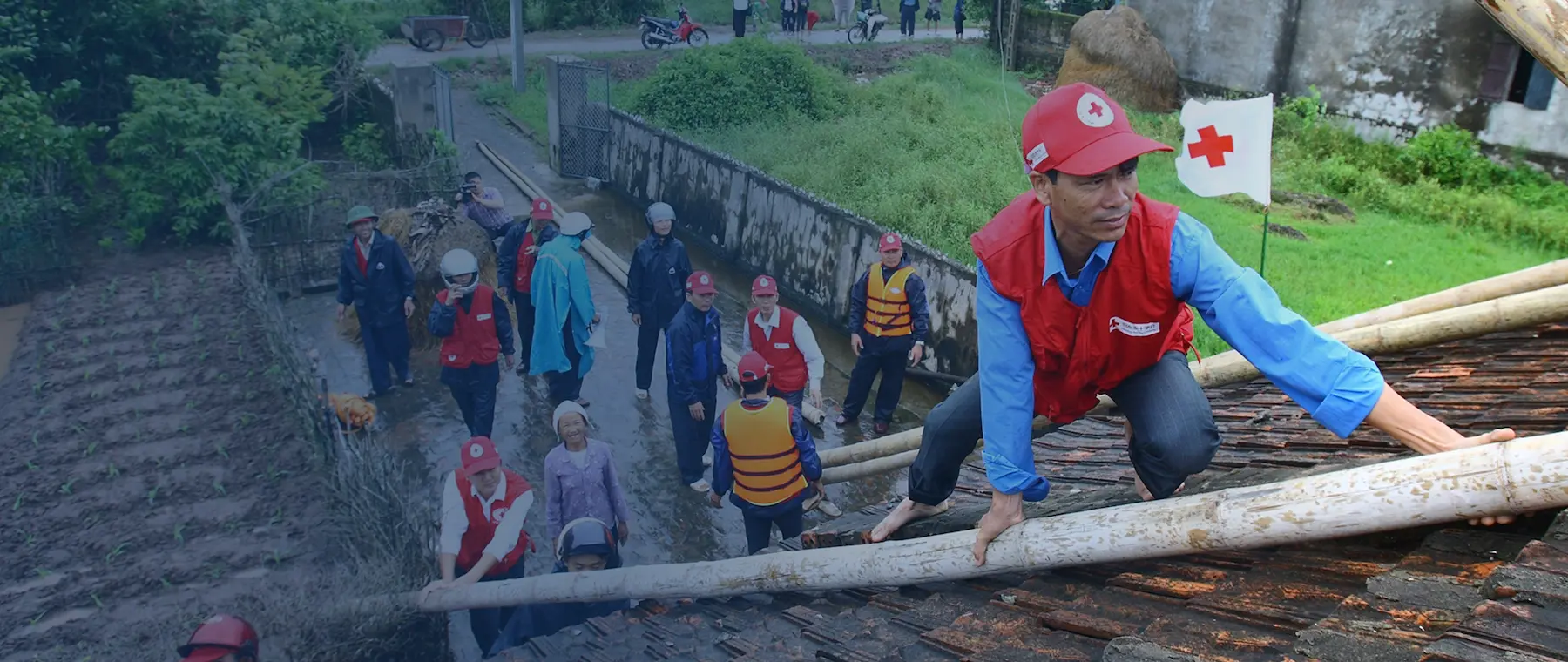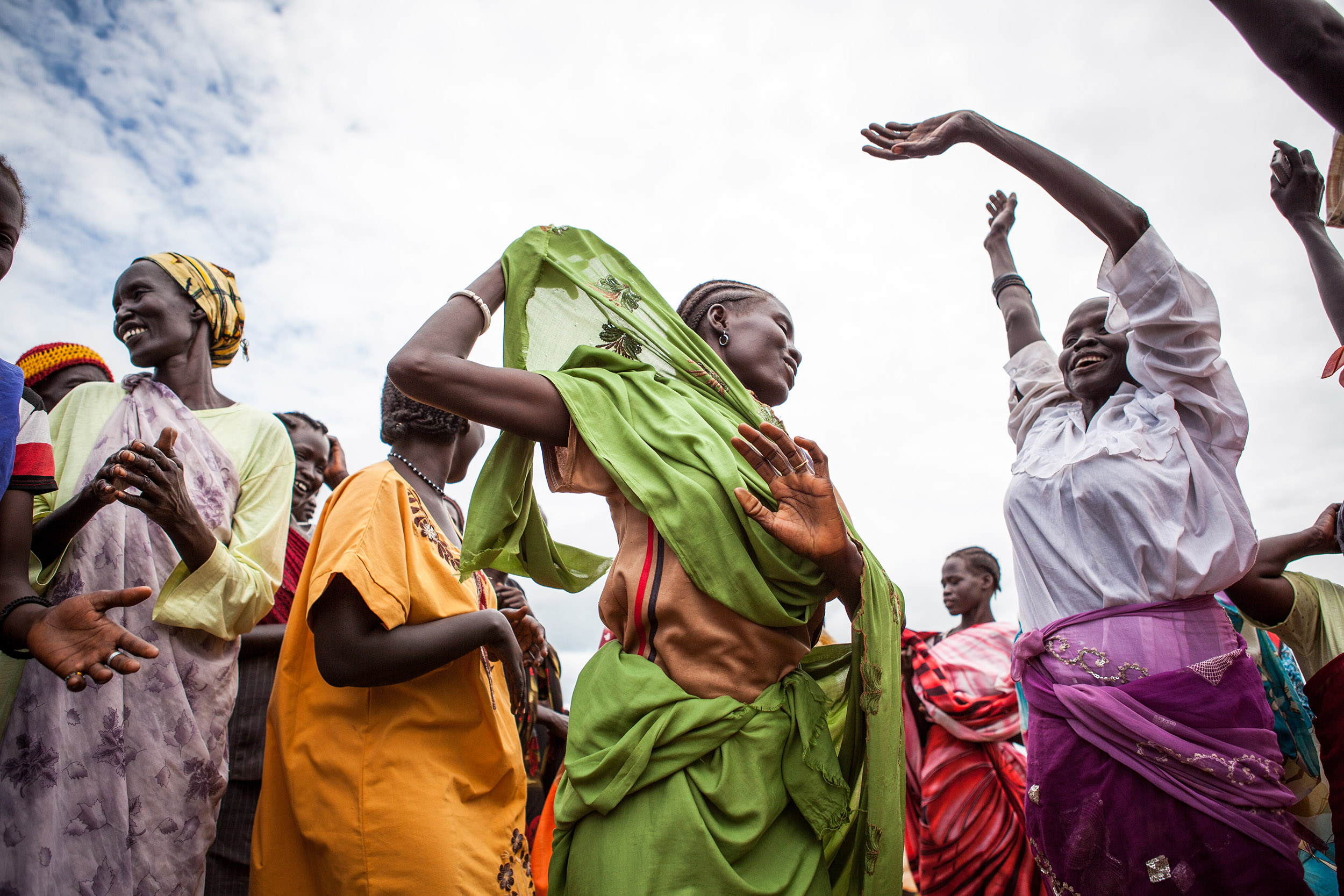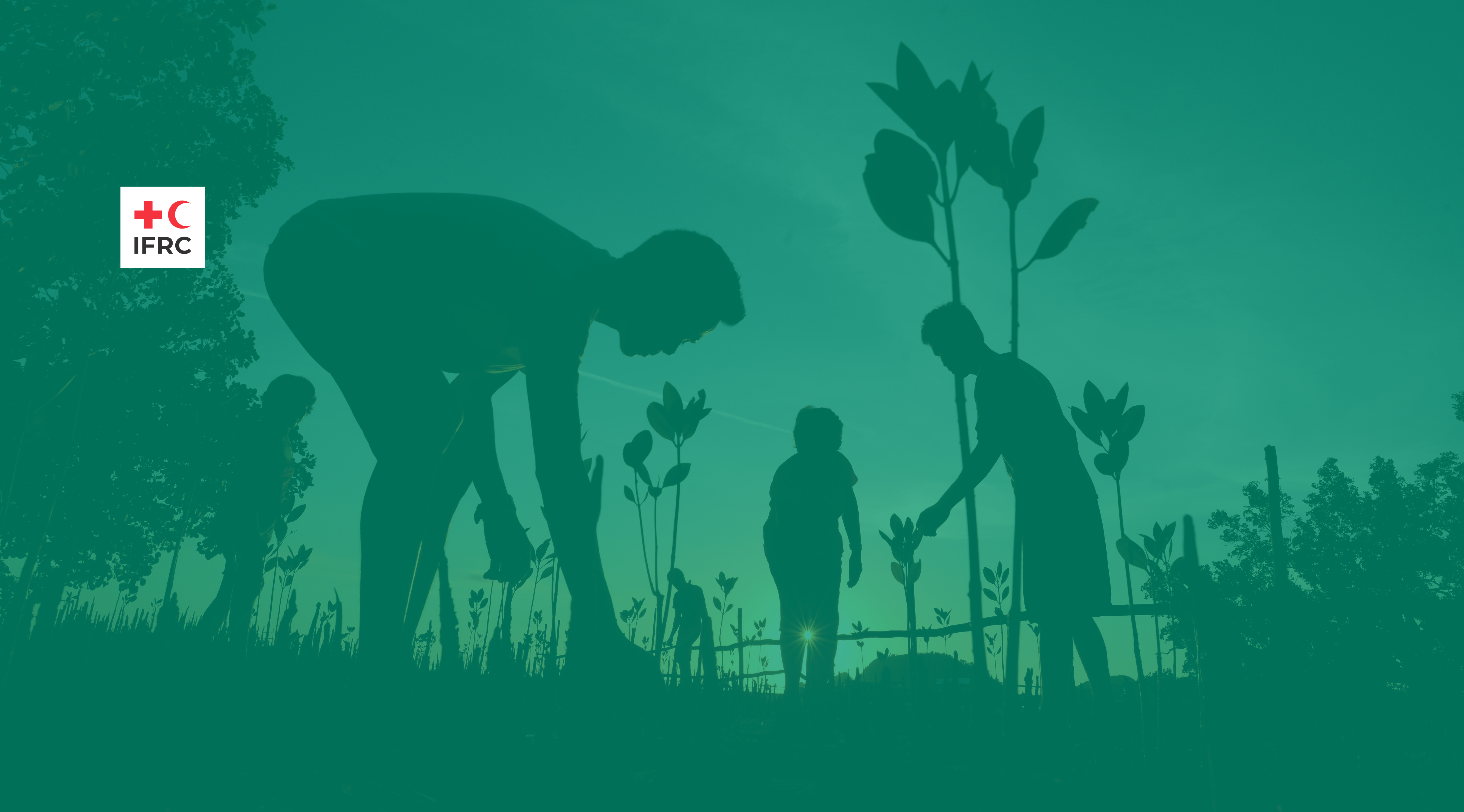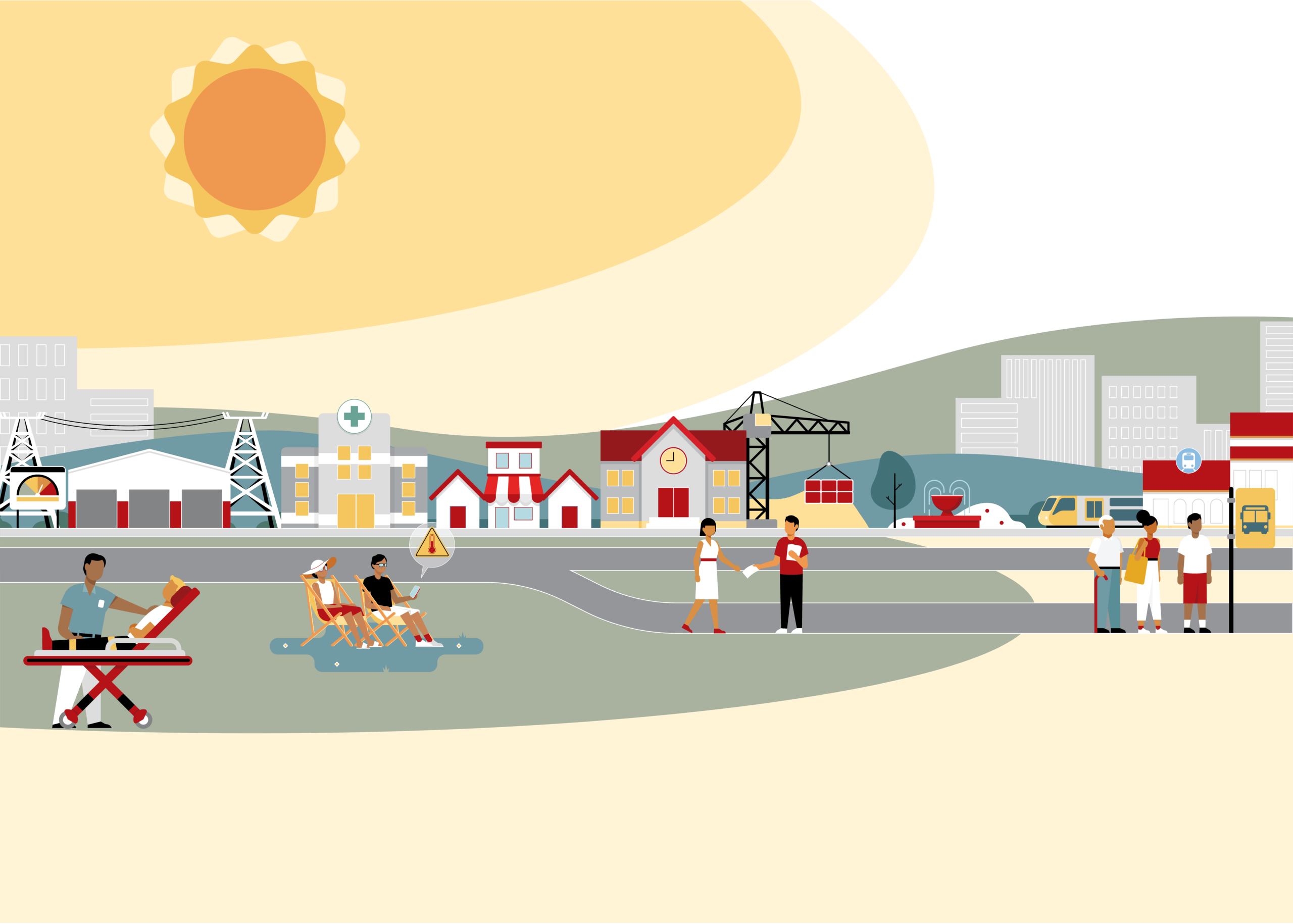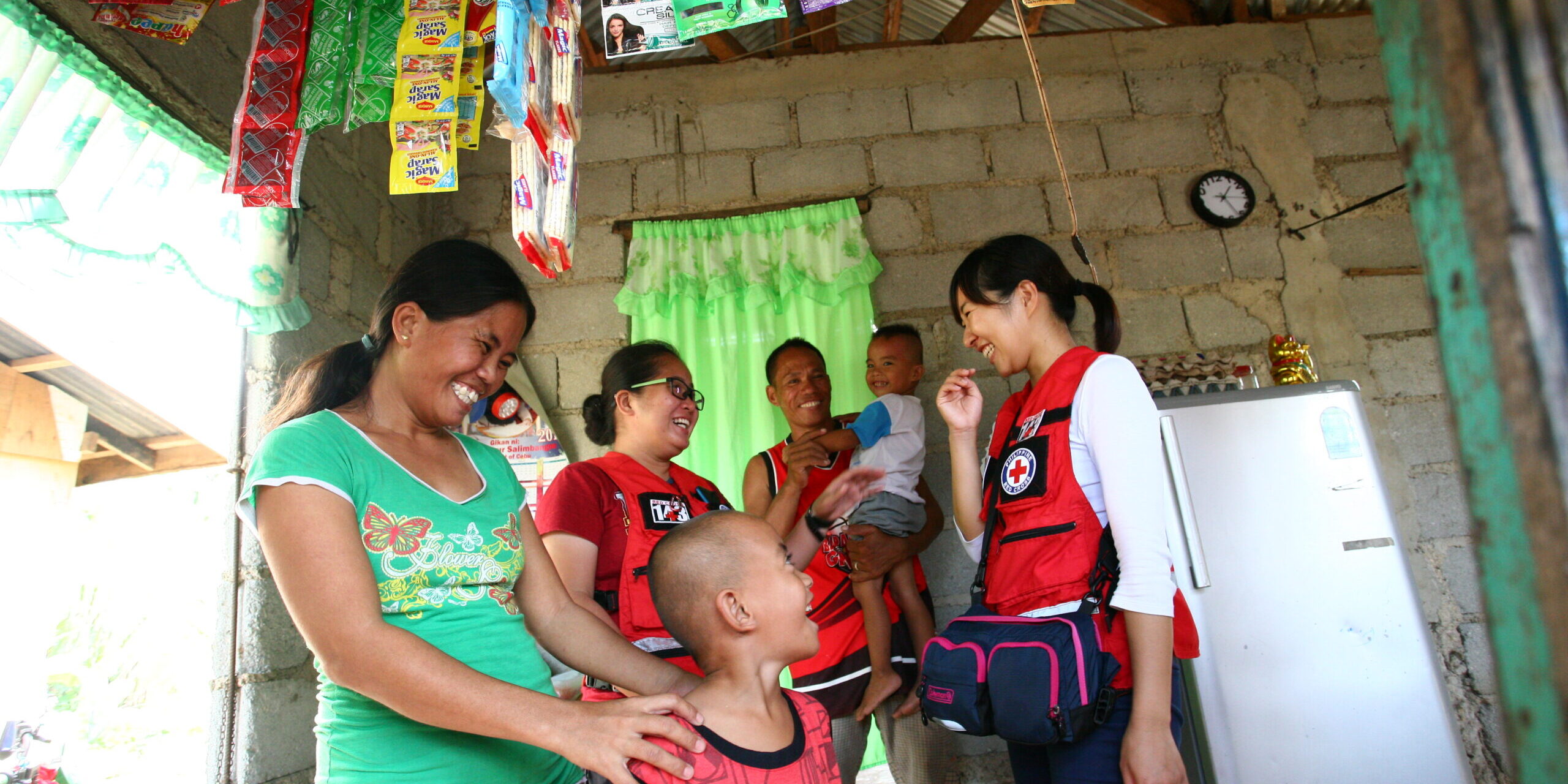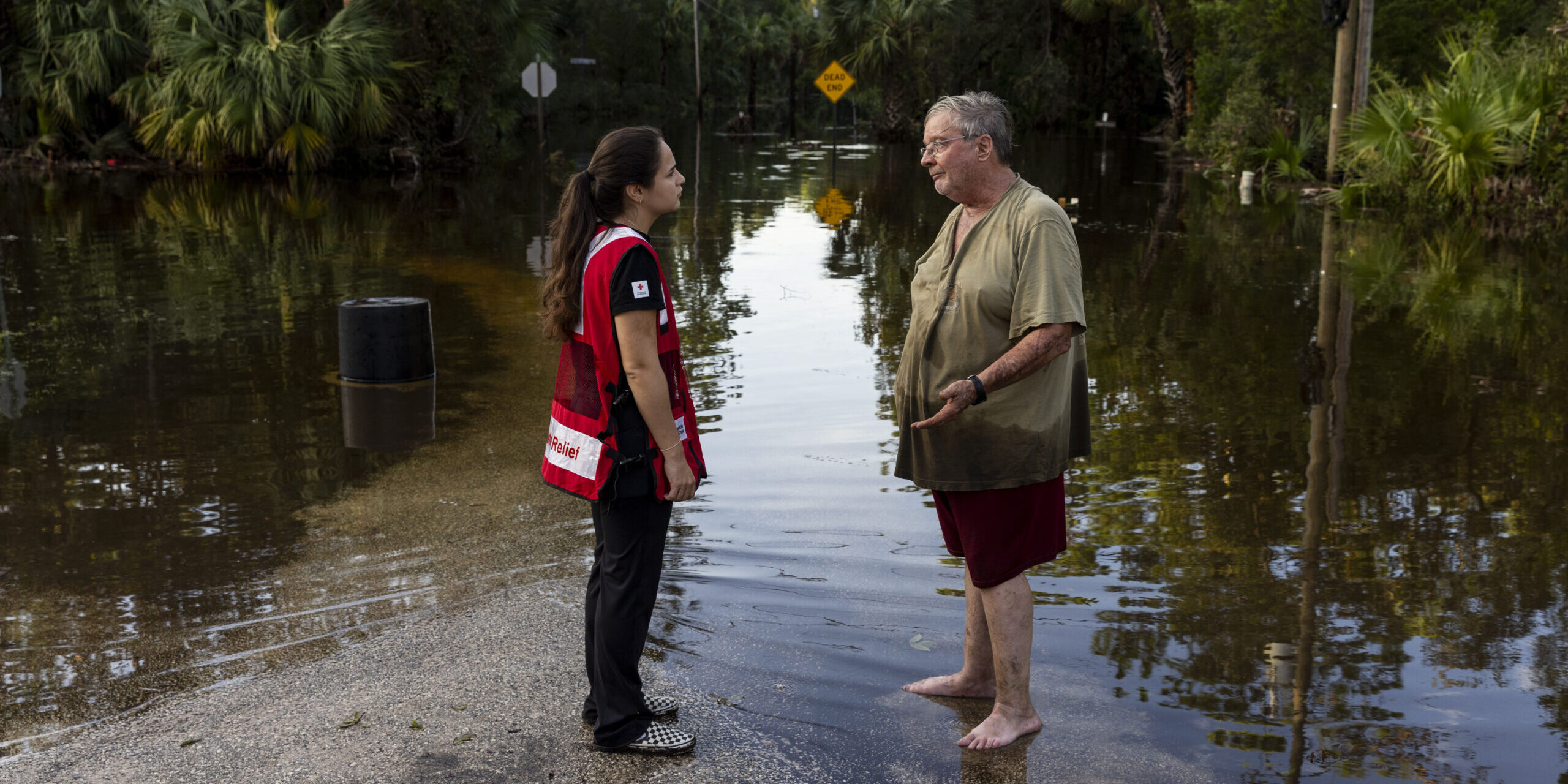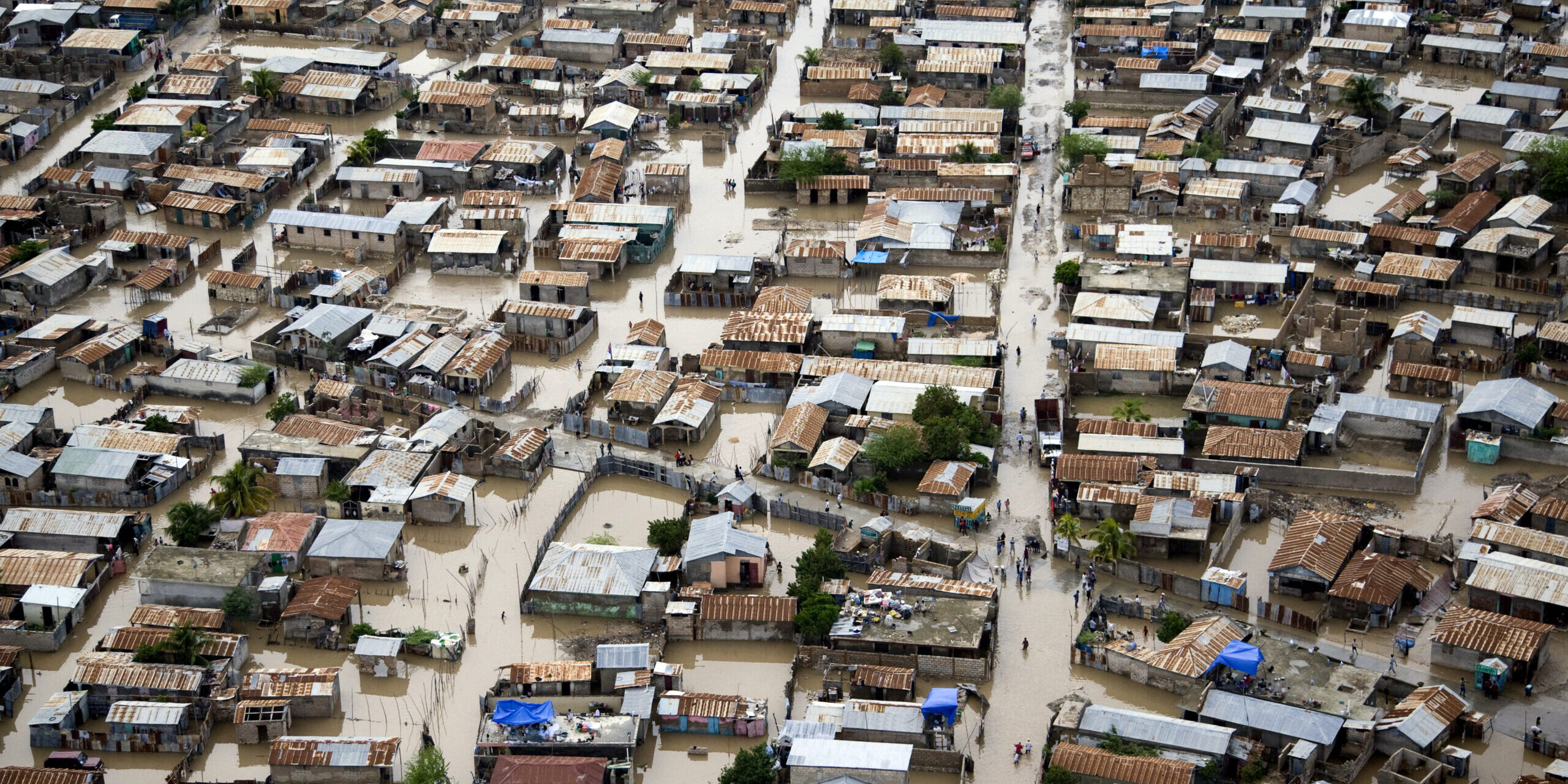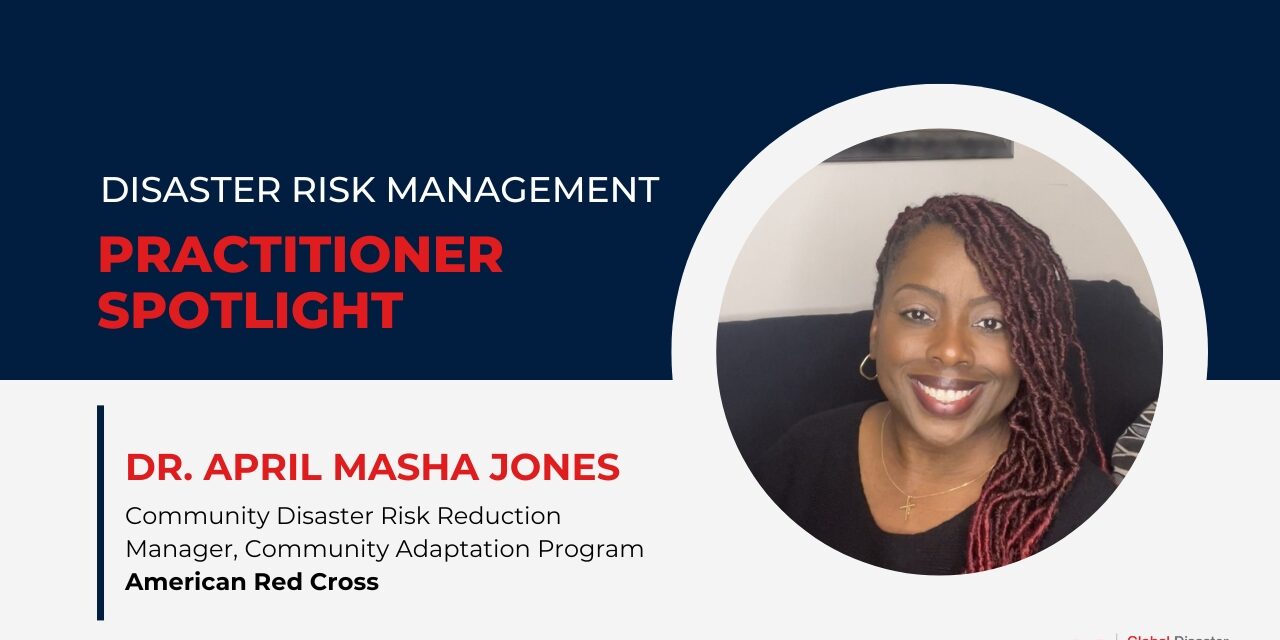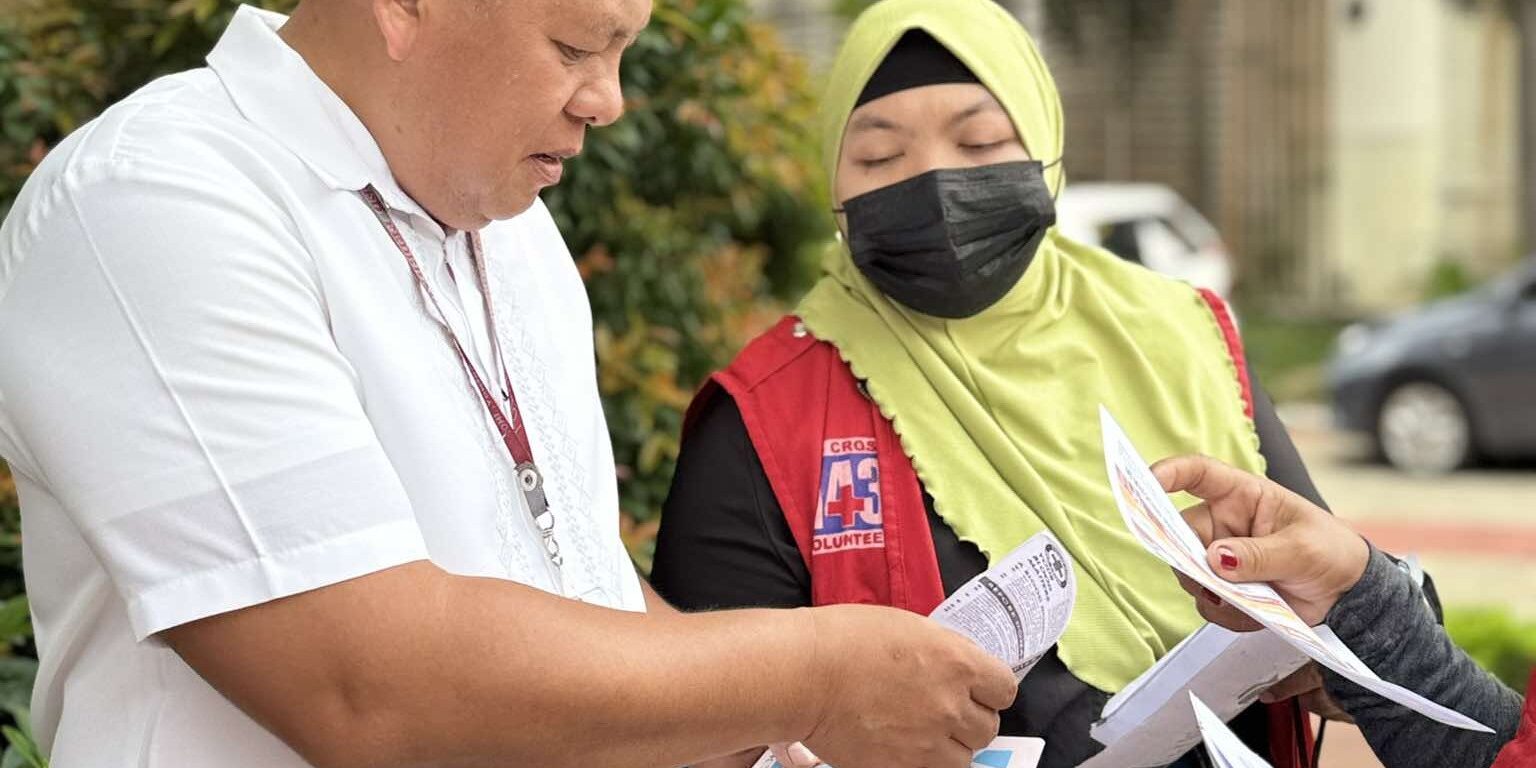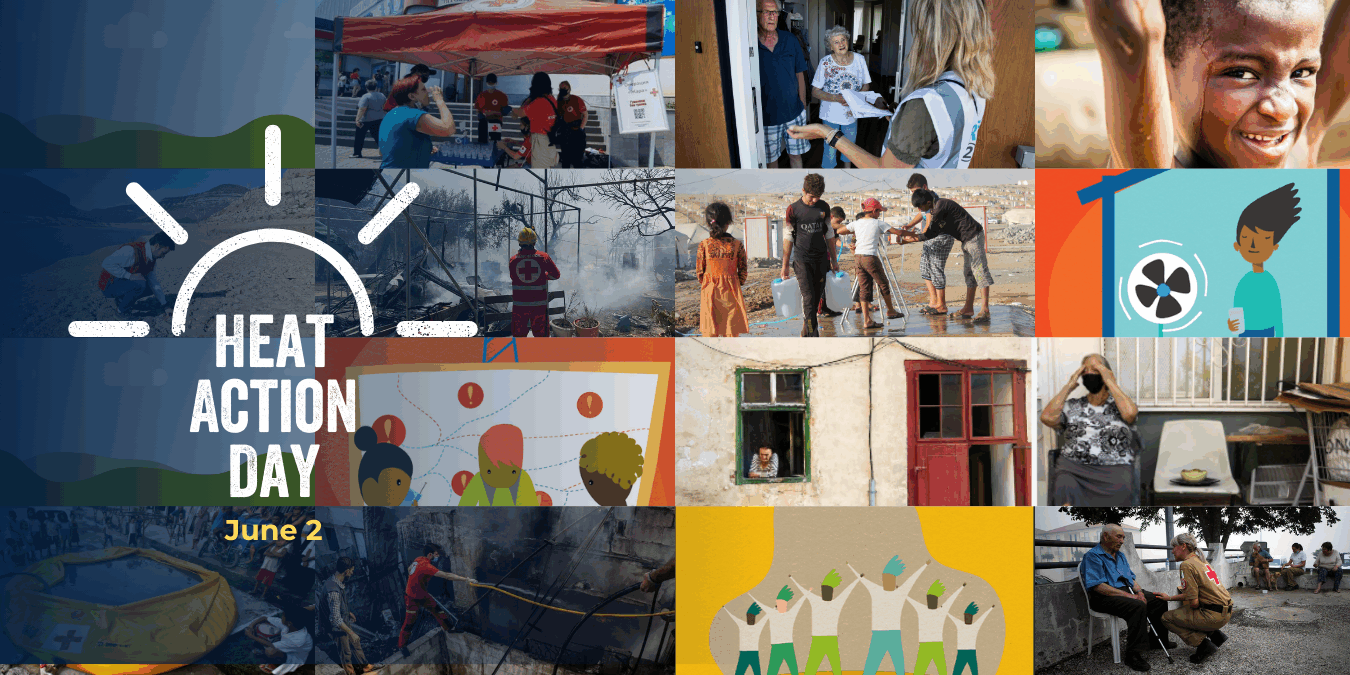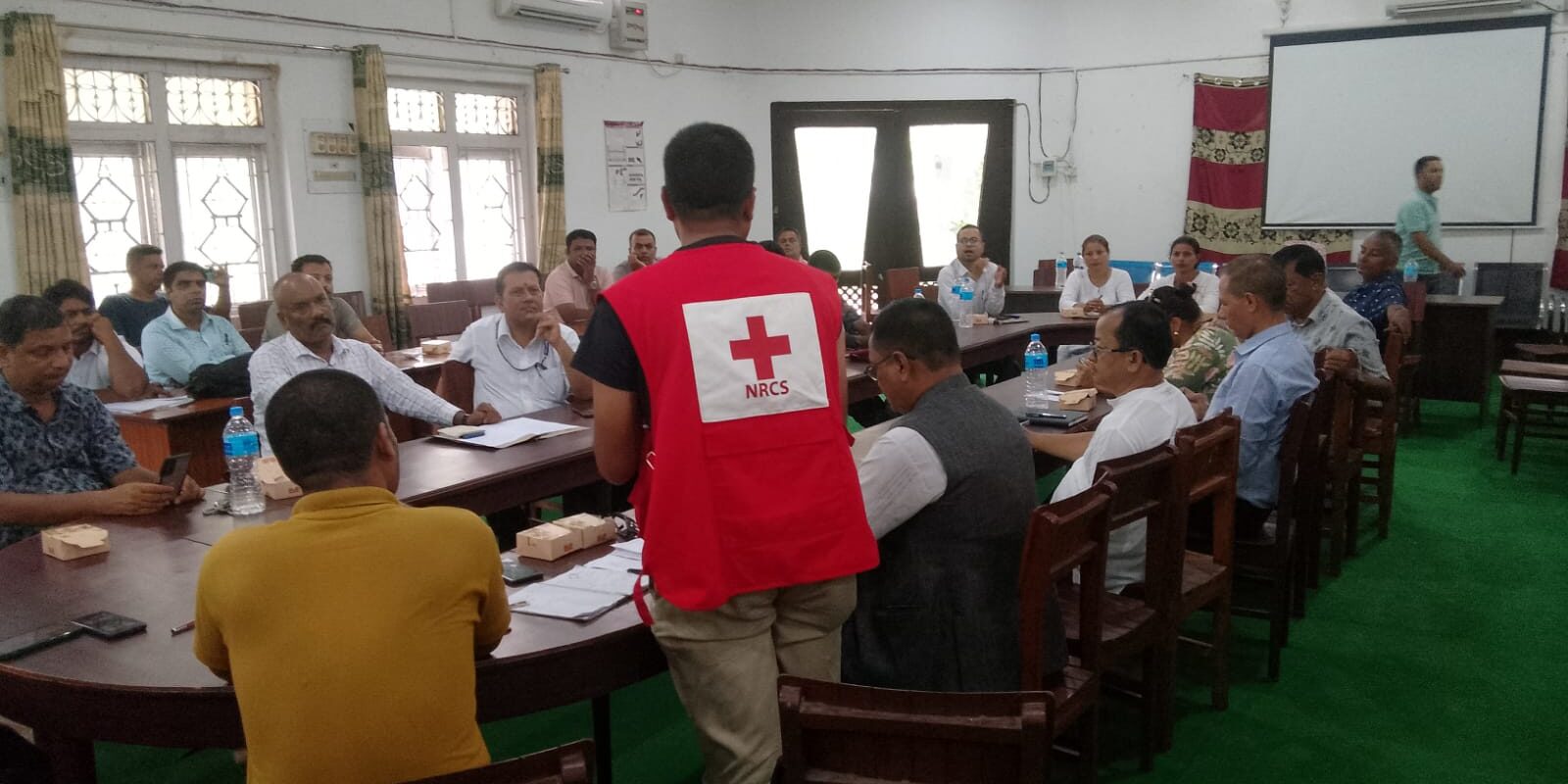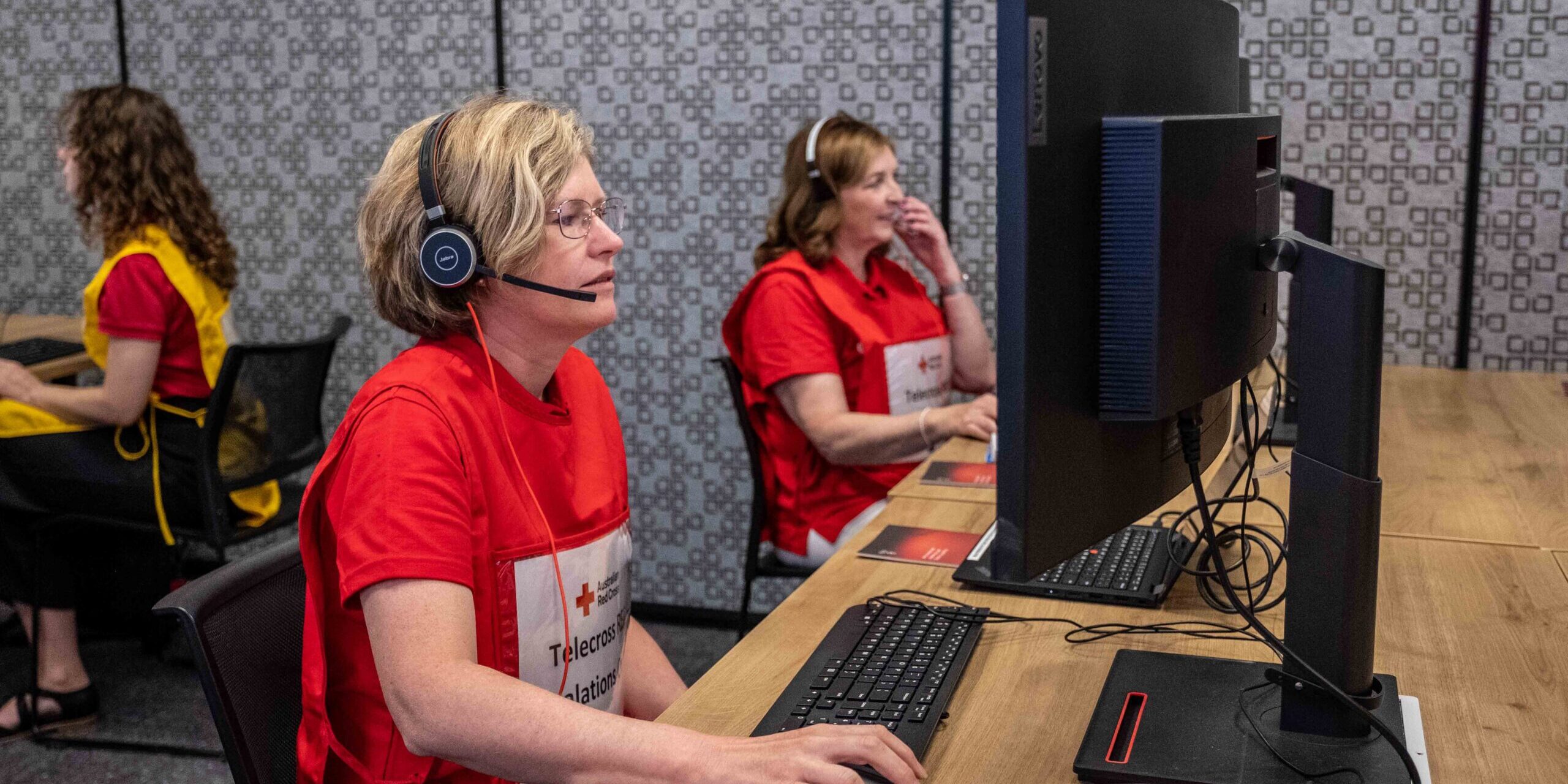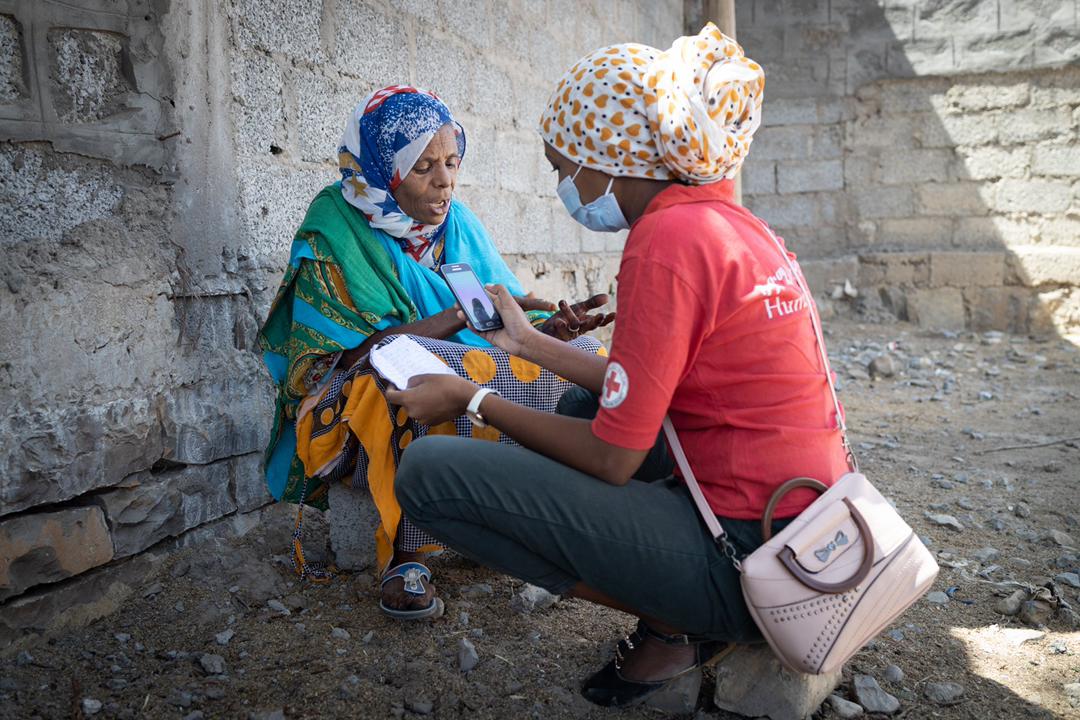Contribute your knowledge to build more resilient communities
Beyond Individual Risk: Why Extreme Heat Demands a Systems Response
At a Glance Extreme heat becomes a disaster when it overwhelms the systems people rely on – housing, health, infrastructure, ecosystems, and social services. Heat impacts do not occur in isolation but often cascade across sectors. Disruptions in one system (especially energy and critical infrastructure) can quickly trigger failures in others, amplifying harm and disruption. Reducing heat risk requires systems-wide resilience, including inclusive planning that addresses inequality, exposure, and access to services – not just individual behaviour change. Extreme heat […]
Read MoreStrengthening Community Resilience through Small Business Preparedness
When disaster strikes-such as a flood, earthquake, hurricane, or a business-halting heat wave-it doesn’t just disrupt homes and lives; it also g...
Strengthening Early Warning Systems for All: Evidence and Lessons from Last-Mile Communities
This report synthesizes findings from 15 GDPC-supported studies across 14 countries to examine why early warnings often fail to translate into timely,...
Ready Before It Hits – How The American Red Cross Uses Anticipatory Action To Stay Ahead of Disasters
When most people think of “disaster relief,” they picture what happens after a hurricane or wildfire-volunteers distributing blankets, set...
Unpacking the Summer: Learning About Heat in Adelaide
Listening Over Coffee: Stories Behind the Data The Post-Event Review Capability (PERC), developed by the Zurich Climate Resilience Alliance, offers ...
From Assessment to Action: A New Tool to Support Urban Resilience
Cities around the world are stepping up efforts to reduce disaster risk and build resilience. While many tools help identify vulnerabilities, the chal...
Community-First Approach: How the American Red Cross Helps Build Disaster Resilience Where It’s Needed Most
Across the United States, the American Red Cross is working to reduce disaster risks and strengthen the long-term resilience of the most vulnerable co...
Scorched Future: The Rising Toll of Extreme Heat in the Philippines
Authors: Mia Grace Ligutan, Seth Sarmiento, Steven Villena, Cale Johnstone Rising temperatures in the Philippines, particularly in urban areas ...
Heat Action Day 2025 – Activities to #BeatTheHeat all around the World
On Monday, June 2, 2025, we celebrated the 4th edition of Heat Action Day (HAD). As the impact of Heat Action Day spreads, our influence is a joy to q...
Strengthening Risk Governance from the Ground Up: Nepal’s MDRGA Tool in Action
Authors: Bhesh Parajuli | Cale Johnstone | Anil Rai Local Solutions for Local Risks Disaster risk is most acutely felt—and most effectively managed�...
Telecross Redi: Heatwave Service
Extreme weather events pose significant risks to vulnerable populations, especially those who are isolated or have underlying health conditions. In re...
Toolkits
Featured Resources
Collaborative community-based early warning systems – Solutions Brief
This solution brief forms part of the Zurich Climate Resilience Alliance’s solutions series. The solution series aims to improve outreach and impact of such resilient practices at a global level. This brief highlights how the Philippine Red Cross has partnered with communities, local leaders, memb... Read More
Event recording, Presentation, Research
Connecting Early Warning and Anticipatory Action That Works for All – Panel Discussion Summary
This panel summary captures key insights from a session titled Connecting Early Warning and Anticipatory Action That Works for All convened by the Global Disaster Preparedness Center (GDPC) at the International Humanitarian Studies Association (IHSA) Conference in Istanbul, Turkey, on 15 October 202... Read More
Research
Disaster Management and Emergency Response Capability Assessment Indexes in Tanzania; Empirical Evidence from Dar es Salaam City
This study presents an assessment of emergency response capabilities, examining institutional preparedness, coordination mechanisms, resource availability, and operational readiness in disaster contexts. Using a structured capability assessment framework, the research analyzes response systems acros... Read More
Research
Disaster Risk Management and Emergency Response Legislations and Strategies Awareness in Tanzania: A Case of Dar Es Salaam City
This peer-reviewed study examines awareness and compliance with disaster risk management (DRM) and emergency response legislations and strategies in Dar es Salaam, Tanzania’s largest and fastest-growing city. Based on survey data from 105 respondents and institutional analysis, the research finds ... Read More
Research
Participatory Planning and Filmmaking for Urban Climate Resilience in Blantyre City, Malawi
Authors and Collaborators: John Aubrey Chirwa, University of East Anglia Summary: This study investigates the role of participatory video in urban planning for climate resilience and risk reduction in a peri-urban area of Blantyre City in Malawi. It examines participation dynamics and participants�... Read More
Research
Urban Climate Change Adaptation: Analyzing the Institutionalization Planning Approaches in Tanzania
Authors and Collaborators: Coretha Komba, Mzumbe University Kardo Mwilongo, Mzumbe University Beth Kachota, Mzumbe University Elizabeth Sulle, Mzumbe University Summary: Cities across the globe are facing the impacts of climate change, which have persistently affected both economic growth and natur... Read More
Research
Catalytic Tech-Based Participatory Methods To Build Climate Resilience Locally
Authors and Collaborators: Christine Njuhi Muchiri, The Technical University of Kenya Summary: Urban informal settlements are disproportionately vulnerable to the impacts of climate change, with extreme weather events exacerbating socio-economic inequalities, displacement, and environmental degrad... Read More
Research
Sustainable Urban Resilience in Pakistan: Community-Based Natural Solutions for Environmental Transformations
Authors and Collaborators: Aamir Sohail, Thal University Bhakkar Muhammad Usman Arshad, University of Punjab Shrafat Ali Sair, University of Punjab Izza Fatima, Gomal University Mussarat Hussain, University of Sargodha Summary: The project addresses the critical ecological and social challenges that... Read More

